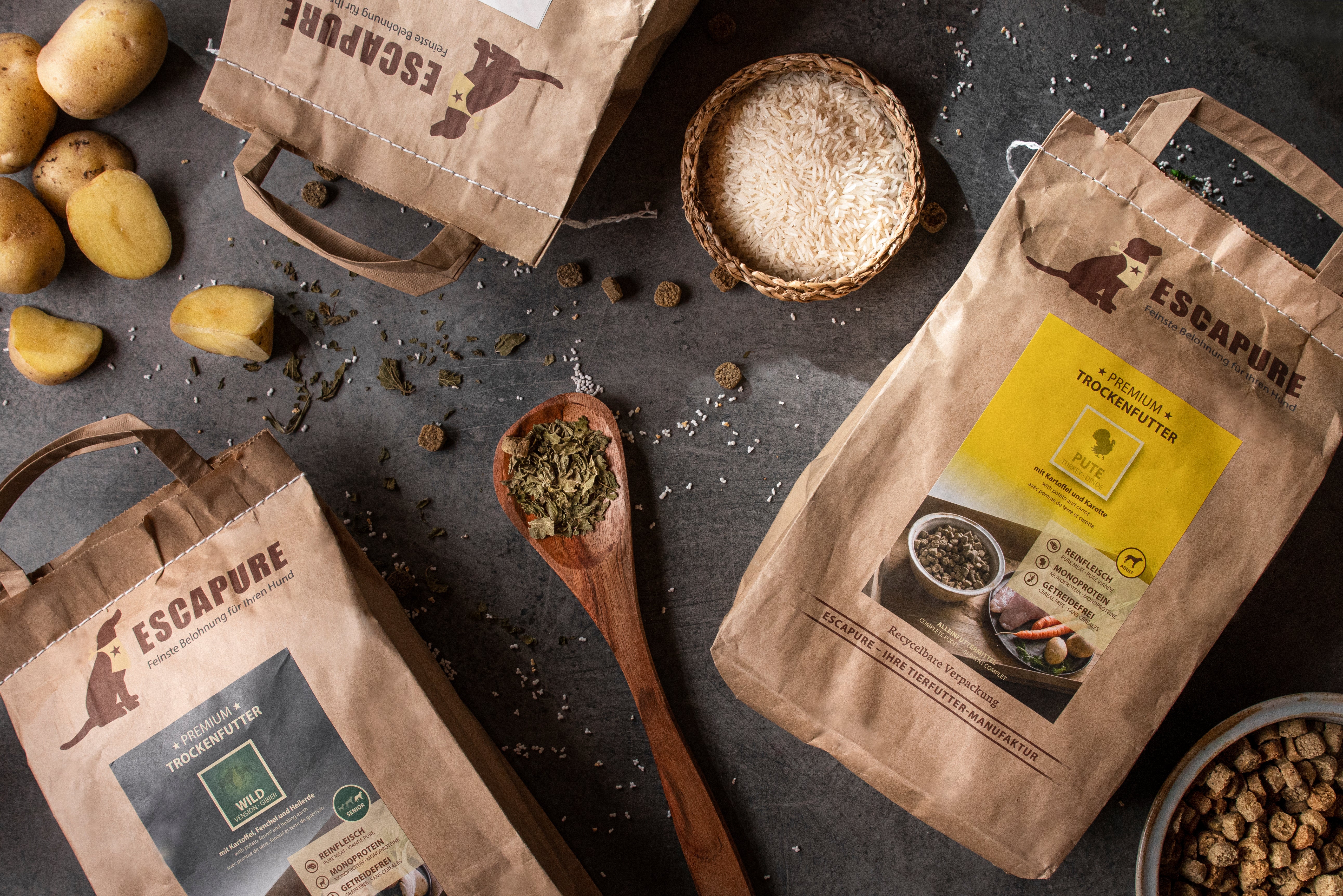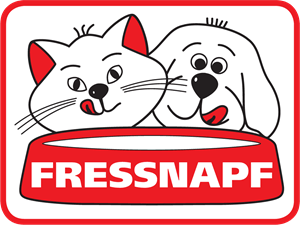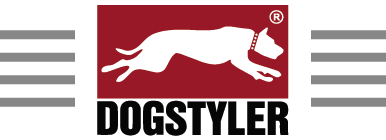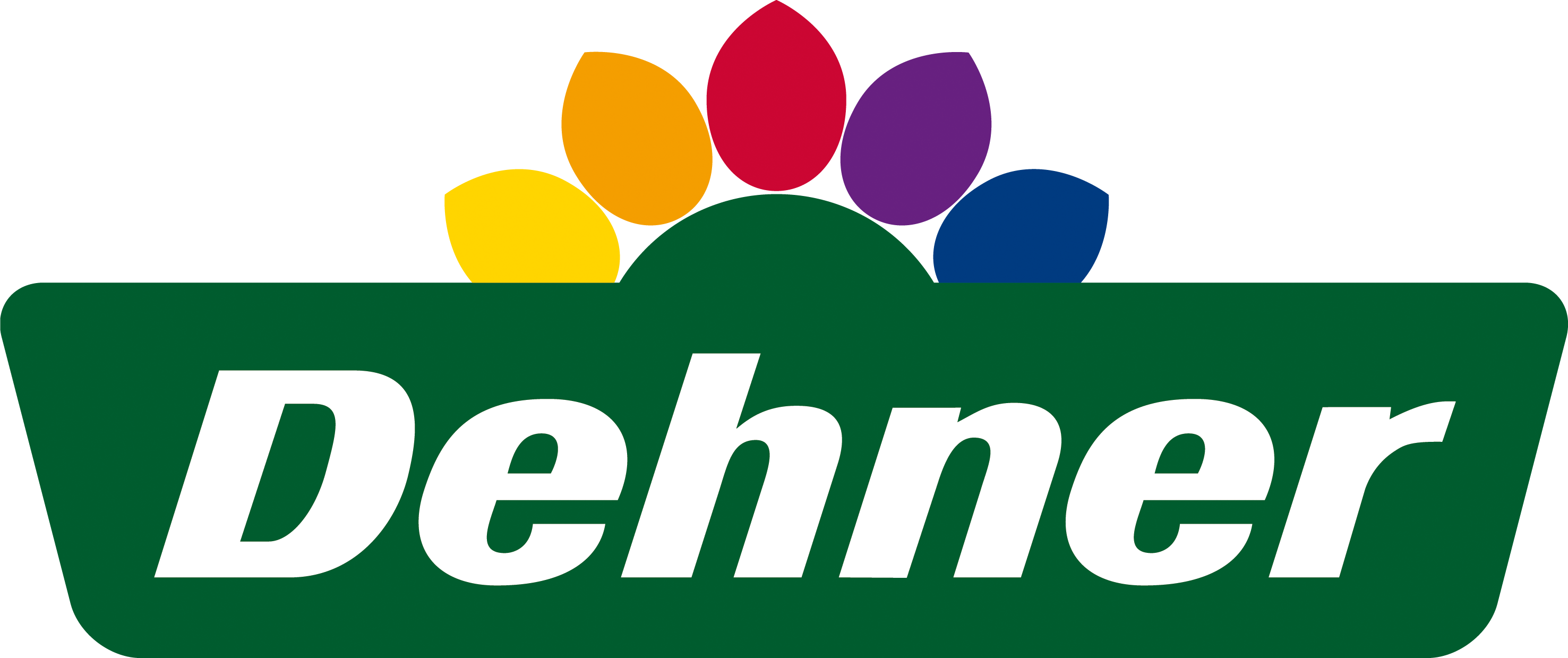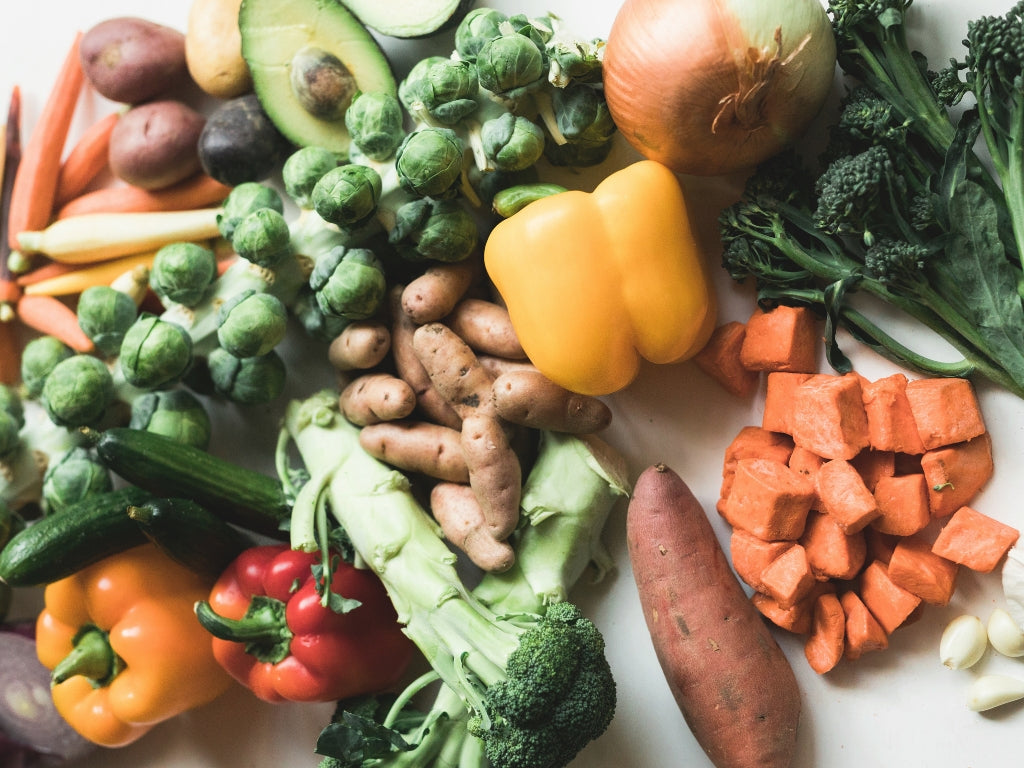
WHICH FOODS ARE SUITABLE FOR COOKING DOG FOOD?
Every evening, a freshly cooked meal is served on the table. So why not for your favorite?
It has long been nothing unusual to serve your four-legged friend a freshly prepared meal. However, for many, this means additional work and a lot of effort. With the right food, your beloved pet gets a complete and tasty meal without much time and effort, and will surely be just as happy with a menu from a can as with a cooked meal from a pot.
Nevertheless, would you like to treat your four-legged friend to an extra portion of love and attention in the form of a fresh meal?
Then you should definitely know which foods from our refrigerator or pantry can also end up in the dog's bowl and which should never have a place in the food bowl.
Which foods are particularly healthy for your dog?
Basically, you can find a variety of foods that end up on our plate in boiled shape Feed it to your favorite too.
Meat
The most common types of meat can usually all be used for dog meals. However, it is important to make sure that the meat is thoroughly cooked. Otherwise, serious side effects can occur with pork or chicken meat.
Raw pork can transmit the Aujeszky's virus, which can be fatal for dogs and cats. Although this disease is now almost non-existent in German pig herds, caution is still advised! Sufficiently cooked pork, on the other hand, poses no danger.
Raw poultry meat is often contaminated with bacteria such as Salmonella or Campylobacter and should therefore not be fed raw to protect both dogs and humans. In contrast, it is safe to consume beef or lamb meat when the core is still slightly pink. How does your dog prefer it... medium or well done?
Fish
Salmon is a real superfood. The fatty fish not only provides your four-legged friend with good proteins, but also with omega-3 fatty acids, which are beneficial for your favorite. It is completely sufficient if fish is on your dog's menu 1-2 times a week.
Fish should definitely be well cooked. Raw salmon can easily be contaminated by bacteria such as "Rickettsia" or food germs such as "Listeria". In addition, some types of fish have a high concentration of thiaminase.
Thiaminase is an enzyme that cleaves the important vitamin B1, making it unusable for the organism. Fish species with a high thiaminase content include pikeperch, carp, and sardines. Here you should make sure that the fish has been sufficiently heated. Fish species such as salmon, tuna, and cod have little to no thiaminase content.
The enzyme contained is only a problem when feeding raw fish, as it is deactivated by heating.
Even with your four-legged friend, the bones must be removed. Your dog can swallow sharp, large bones just like you!
Carbohydrate carrier
Noodles, potatoes, or rice may also be included in your dog's diet in cooked form.
Always cook potatoes and cut off the green spots and sprouts generously, as they contain the toxin solanine, which can cause gastrointestinal problems. Ingesting too much can even lead to central nervous system symptoms. Fresh potatoes without sprouts are therefore the best!
Vegetables
Among the truly healthy vegetables for your four-legged friend are broccoli and carrots. Broccoli contains many essential nutrients such as calcium, magnesium, and vitamin C, which are beneficial for your beloved pet. Carrots not only taste delicious but also promote digestion.
However, there are a few special cases that you should definitely avoid. Small onion plants like onions, garlic, leeks, or leeks should not have a place in your four-legged friend's bowl. They contain the toxic substance alliin for dogs and cats. This sulfur-containing amino acid can cause the destruction of red blood cells (erythrocytes).
Fruit
Apples and pears are among the healthiest types of fruit for dogs. Both are true vitamin bombs and have a high content of fiber that stimulates digestion.
Very acidic fruits, such as oranges or pineapples, are best fed only rarely and in small quantities.
You should completely avoid grapes. Some dogs can tolerate the small sweet fruits without any problems, while others may experience severe poisoning symptoms even with the intake of small amounts. The active ingredient causing these symptoms is currently not known. The superfruit avocado is great for guacamole or a delicious avocado toast, but not for your pet. The green power fruit is suspected to attack the heart muscle cells of your four-legged friend. This phenomenon is already well described for many animals, such as birds. Although the effects of the power fruit on your pet have not yet been scientifically proven, you should still not offer avocado to your dog as a precaution.
Confectionery
Avoid feeding chocolate at all costs. The theobromine it contains acts as a strong neurotoxin on dogs and cats. An overdose can even lead to death!
In connection with the feeding of sweets, a warning must also be given about the sugar substitute xylitol (= birch sugar). If your favorite comes into contact with this sweetener, an extremely high insulin release is the result, which leads to resulting hypoglycemia. Hypoglycemia is a sharp drop in blood sugar levels that can quickly lead to loss of consciousness or worse.
Dairy products
Hunde können eine Laktoseintoleranz entwickeln. Das bedeutet, dass der Körper das Enzym "Laktase", das zum Abbau und zur Aufspaltung von Milchzucker (Laktose) notwendig ist, nicht mehr oder nur noch in sehr geringen Mengen produziert.
Puppies are weaned from their mother's milk at around the 4th - 5th week of life and start to consume solid food. If no dairy products are fed during the transition period and afterwards, the body begins to adapt and produce less lactase. However, this can vary individually.
Some dairy products, such as cottage cheese, buttermilk, and certain types of cheese, are even healthy for your four-legged friend and will surely taste especially good to him.
Hüttenkäse has a low lactose and fat content, which makes it a great little extra in your four-legged friend's bowl. Yogurt and quark also contain many lactic acid bacteria. They are said to have a positive effect on digestion. They also make the dairy product more digestible for your four-legged friend.
With the fat content, it's the same for your favorite as it is for you. A higher fat content is more suitable for underweight, very slim dogs who can tolerate one or two extra kilos. A lower fat content, on the other hand, is suitable for small picky eaters who carry around a bit too much weight.
Pay attention to the fat content, making sure it is not excessively high. Very fatty food is not suitable for dogs and cats and can be poorly tolerated. Therefore, creme fraiche, sour cream, cream, or butter should not be included in the meal.
As a true delicacy among four-legged friends, cheese is considered. However, some types of cheese are not suitable because they have a high fat content or a high lactose content.
But: if you choose the right type, you can treat your dog to a cheesy snack in between.
Some hard cheeses or sliced cheese varieties are well suited.
Hard cheese contains very little lactose, as it transforms into lactic acid during the long maturation process. Hard cheese has low moisture content, which is why the fat content is proportionally higher. To prevent your pet from experiencing gastrointestinal problems, they should only have a small portion of cheesy treats.
Suitable hard cheese varieties include Emmental or Manchego.
For sliced cheese, Gouda, Edam, and Tilsit are suitable.
Herbs/Plants
Some herbs enhance the taste of your favorite meal and also have a positive effect on the body.
Rosemary and savory contain essential oils that function as natural flavor enhancers. For four-legged friends suffering from loss of appetite, the food becomes a taste experience through these herbs and may bring back the joy of eating for them. Savory is also a natural remedy for bloating and constipation.
Chamomile and thyme are true miracle workers. Both have a soothing and calming effect. As an inhalant or syrup, they can even have a positive impact on the respiratory tract.
Chamomile tea is probably familiar to you and you know about its diverse positive properties.
Of course, there are also some exceptions when it comes to herbs.
Bärlauch and chives, just like onions and garlic, belong to the allium family. As mentioned before, this plant family is highly toxic to dogs and cats. You should definitely avoid them and exclude them from the dog's bowl.
Sharp spices or herbs are generally poorly tolerated by dogs and cats and should therefore only end up on your plate.
Conclusion
By foregoing all less well-tolerated and harmful foods in your pet's bowl, there is nothing wrong with serving your four-legged friend an occasional or regularly cooked meal. However, you should then have a ration calculation done to avoid underweight and overweight.
You can also easily recognize with this knowledge the compositions on the food cans/bags from food manufacturers, whether it is high-quality food with healthy ingredients.
It may happen that your favorite does not like some of the healthy foods and therefore rejects them, but it is good for you to know which alternatives you can switch to and which you should definitely avoid.


